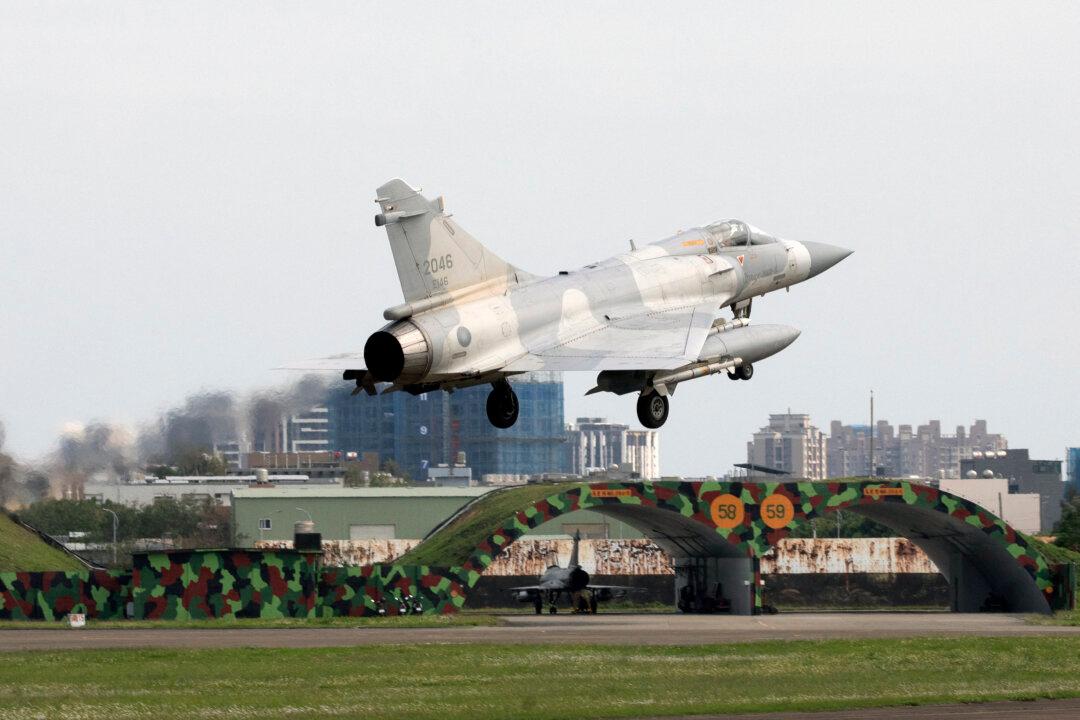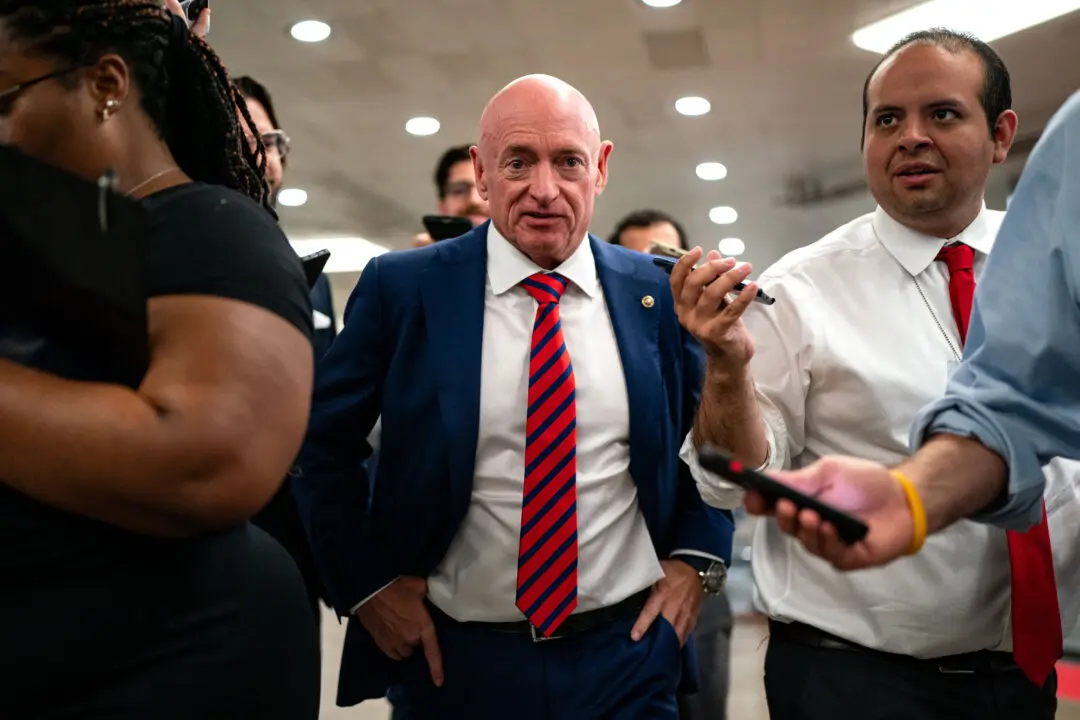U.S. lawmakers and policy analysts continue to prepare for a potential conflict with China over the island nation of Taiwan, but defense policy analyst Justin Logan believes that the conventional wisdom in Washington is not focusing on the right policies to dissuade Chinese aggression.
Mr. Logan, who is the director of defense and foreign policy studies at the libertarian-oriented CATO Institute, warned that while many in Washington focus on matching U.S. military capabilities and spending levels against those in China, they should also encourage Taiwan to do more to harden its defenses.





